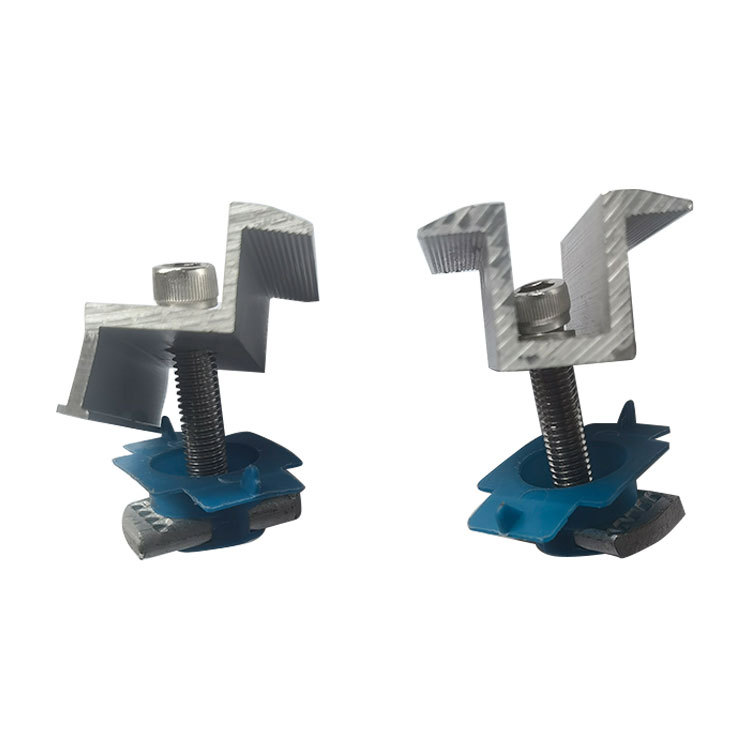

Stud Bolt and Nut Specifications for Industrial Applications and Projects
Ağu . 21, 2024 20:48 Back to list
Stud Bolt and Nut Specifications for Industrial Applications and Projects
Understanding Stud Bolts and Nuts Essential Components in Fastening Technology
Fastening technology plays a pivotal role in various industries, ensuring that components remain securely joined under load. Among the myriad of fastening devices available, stud bolts and nuts are fundamental elements recognized for their durability, versatility, and reliability. This article delves into the characteristics, applications, and benefits of stud bolts and nuts, emphasizing their vital role in engineering and manufacturing.
What are Stud Bolts and Nuts?
Stud bolts are cylindrical rods typically made from high-strength materials such as carbon steel or stainless steel. Unlike regular bolts, stud bolts do not have a full head at one end; instead, they are threaded along their entire length or partially, allowing for multiple configurations based on the needs of the application. Nuts, on the other hand, are hexagonal or square-shaped fasteners with internal threads that are designed to fit onto the external threads of the stud bolt, securing components together.
Features and Benefits
1. Strength and Durability One of the most significant advantages of using stud bolts and nuts is their ability to withstand high levels of stress and tension. Made from high-quality materials, they are resistant to corrosion and can endure extreme temperatures, making them ideal for use in harsh environments such as oil rigs, power plants, and chemical processing facilities.
2. Versatility The design of stud bolts allows for various configurations, making them suitable for different applications. They can be used in flanged joints, where the two flanges are bolted together using stud bolts and nuts, providing a strong and leak-proof connection. This adaptability extends to types of threading, lengths, and finishes, accommodating diverse engineering requirements.
stud bolt & nut

3. Ease of Installation Installation of stud bolts and nuts can be straightforward. The threaded design allows for easy assembly and disassembly, making maintenance and repairs more efficient. Using torque wrenches ensures the correct tension is applied, which is crucial in preventing loosening over time.
4. Reduced Risk of Loosening When correctly installed, stud bolts and nuts provide a secure fastening solution, reducing the risk of loosening under dynamic loads (vibrations or shocks). This ensures that critical components, especially in machinery and structural applications, remain tightly fastened.
Applications Across Industries
Stud bolts and nuts are widely utilized across numerous sectors. In the construction industry, they are integral to the assembly of steel structures, bridges, and buildings, providing essential support and stability. In the automotive sector, these fasteners are used in engines, suspensions, and frames, where strength and reliability are paramount. The oil and gas industry also employs stud bolts and nuts when constructing pipelines and pressure vessels, where leaks can have catastrophic consequences.
Conclusion
Stud bolts and nuts are indispensable components in the realm of fastening technology. Their unmatched strength, versatility, and ease of installation make them a preferred choice across diverse industries. As technology advances and industries evolve, the demand for reliable fastening solutions will continue to grow, ensuring that stud bolts and nuts remain at the forefront of engineering practices. By understanding their characteristics and applications, engineers and manufacturers can make informed choices in selecting the right fasteners for their projects, ultimately enhancing safety, durability, and efficiency in their operations.
Latest news
-
Premium Fasteners Manufacturer | AI-Driven Solutions
NewsAug.01,2025
-
Hot Dip Galvanized Bolts - Hebei Longze | High Strength, Corrosion Resistance
NewsAug.01,2025
-
High-Strength Hot Dip Galvanized Bolts - LongZe | Corrosion Resistance, Custom Sizes
NewsAug.01,2025
-
Best Self Tapping Screws for Drywall - Fast & Secure Installation
NewsJul.31,2025
-
High-Strength Hot Dip Galvanized Bolts-Hebei Longze|Corrosion Resistance&Customization
NewsJul.31,2025
-
Hot Dip Galvanized Bolts-Hebei Longze Metal Products|Corrosion Resistance&High Strength
NewsJul.31,2025

